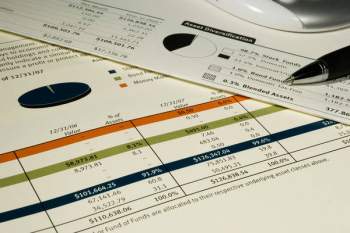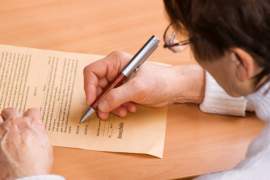
What are Fixed Assets

If a small business owners dies, his/her business is included as an asset that comprises a part of his/her estate. Therefore, a small business can significantly increase the value of an individual's estate, and cause it to become subject to estate tax. In many states, an estate is only taxed if its value exceeds the specified amount. If a deceased individual owns a thriving small business, this can greatly amplify the value of his/her estate.
Following the death of a small business owner, his/her business will be evaluated and the value of the business will be determined. Government officials may analyze the capital assets of the company, the asset turnover, and the fixed asset turnover. It is important to understand that, in addition to the profit acquired by the business, the associated fixed assets may also be assessed during an inventory of an individual's assets.
Fixed assets are assets that are essential for a business to make a profit, but which are not sold to attain this profit. For example, a building that is used as a location from which the business operates is considered to be a fixed asset. If the business owns motor vehicles that are necessary for operation, these vehicles are also fixed assets. If an individual owns and operates a farm, the machinery and equipment used in daily processes are fixed assets.
Generally, these assets are used over an extended period of time. In order for an asset to be considered fixed, it usually must be used for over one year. In some instances, a fixed asset will increase the total value of a small business, and subsequently increase the value of an individual's estate.
NEXT: What are Liquid Assets





















